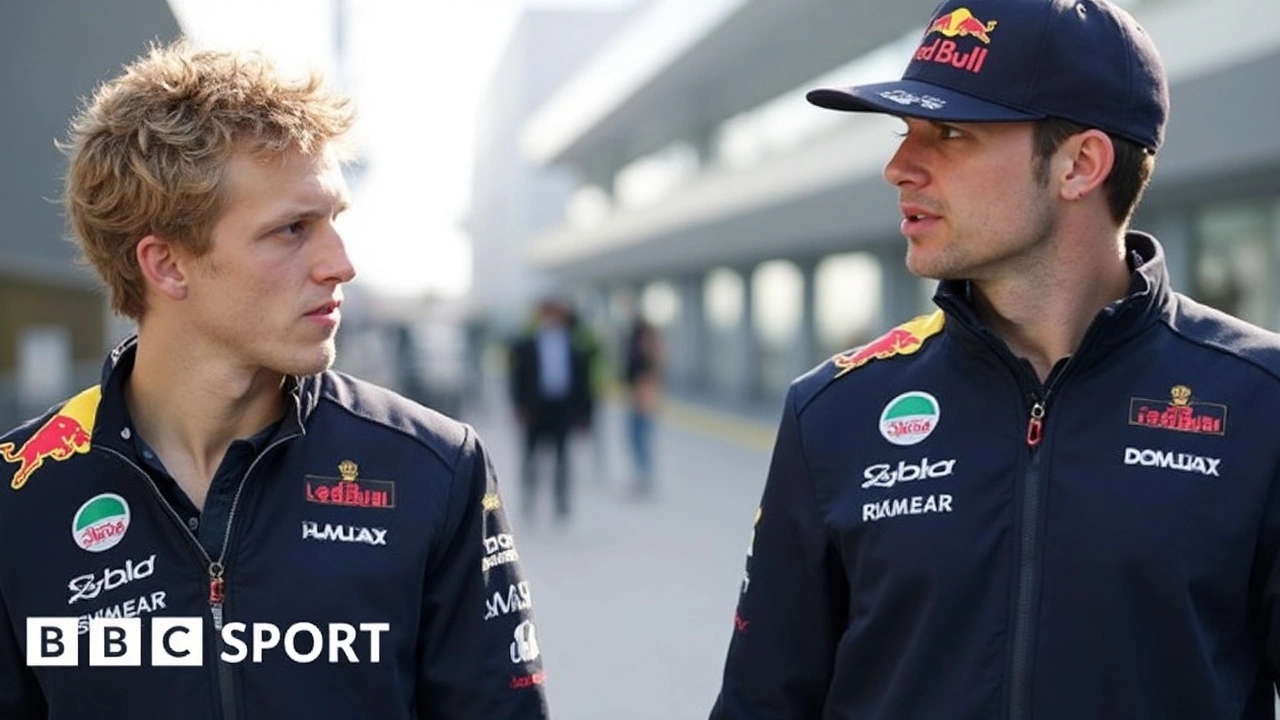Verstappen Chooses Social Media to Voice Concerns
In a striking public gesture, Max Verstappen has made his opinion on a team decision crystal clear. While social media has often been a platform for fans to share their feelings and draw attention to issues, it's not every day that a seasoned driver like Verstappen uses it to make a bold statement against his team's decisions. After Red Bull Racing decided to shake up their lineup, promoting Yuki Tsunoda over the young Liam Lawson, Verstappen publicly supported Lawson by liking a critical Instagram post. The post dubbed Red Bull's decision as "close to bullying" and described it as a "panic move." Verstappen's stance wasn't an internet mishap—it was very much intentional.
Lawson Caught Off Guard But Determined
While Liam Lawson may have struggled to find his footing in just two races, he didn't expect such a swift change in his role at Red Bull. He described his time with the RB21 car as challenging, lamenting the lack of pre-season preparation. "It doesn’t really change how I feel about myself," Lawson stated, staying upbeat despite the demotion. Now with Racing Bulls, he's motivated to prove that he deserves a more permanent spot on the starting grid. The Suzuka race will be Lawson's first chance to shine with his new team.
Yet, this rapid relegation has raised eyebrows. Could Red Bull’s decision be seen, as former F1 driver Giedo van der Garde suggested, as over-aggressive driver management? Van der Garde further ignited the conversation around Lawson's treatment.
Meanwhile, Yuki Tsunoda steps into the spotlight, burdened with the challenge of complementing Verstappen's quest for championships. However, Verstappen was quick to remind everyone that swapping drivers doesn't fix all problems. "We need to just improve our car. That's where the focus needs to be," he noted, downplaying expectations Tsunoda might already feel mounting on his shoulders. In Verstappen's eyes, the RB21’s issues supersede any driver reshuffles.
This latest move from Red Bull has shone a light on their driver management approach, triggering discussions among fans and experts alike. Is it a wise decision aimed at immediate results, or does it overlook the potential benefits of a more patient developmental philosophy? Only time—and perhaps a few races—will tell how this gamble plays out for everyone involved.
